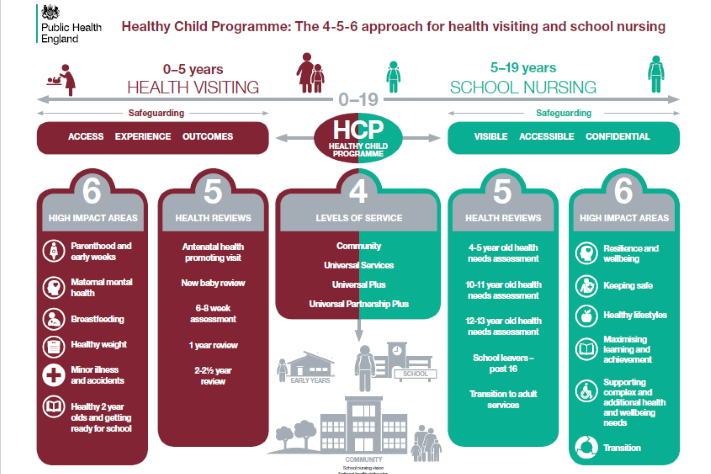Short weekly update from the CEO of Public Health England (PHE), including:
- PHE Chair, David Heymann, will be leaving after eight years as Chair
- launch of the new Physical Activity Strategy for Cornwall and the Isles of Scilly
- in a recent bibliometric analysis spanning 30 years, PHE’s Antimicrobial Resistance and Healthcare Associated Infections (AMRHAI) Reference Unit has been named one of the most productive centres worldwide for publications relating to carbapenem resistance
- the Local Government Association hosted ‘Our Day’ – a chance for local authorities to celebrate what they do in a typical day and for those that work with them to express appreciation for the hard work and dedication of those behind our public services
- according to new analysis from PHE’s national cancer registration and analysis service and Cancer Research UK, Black African women are nearly twice as likely to be diagnosed with late stage breast cancer as white women in England
-
Children and Young People’s Takeover Day




